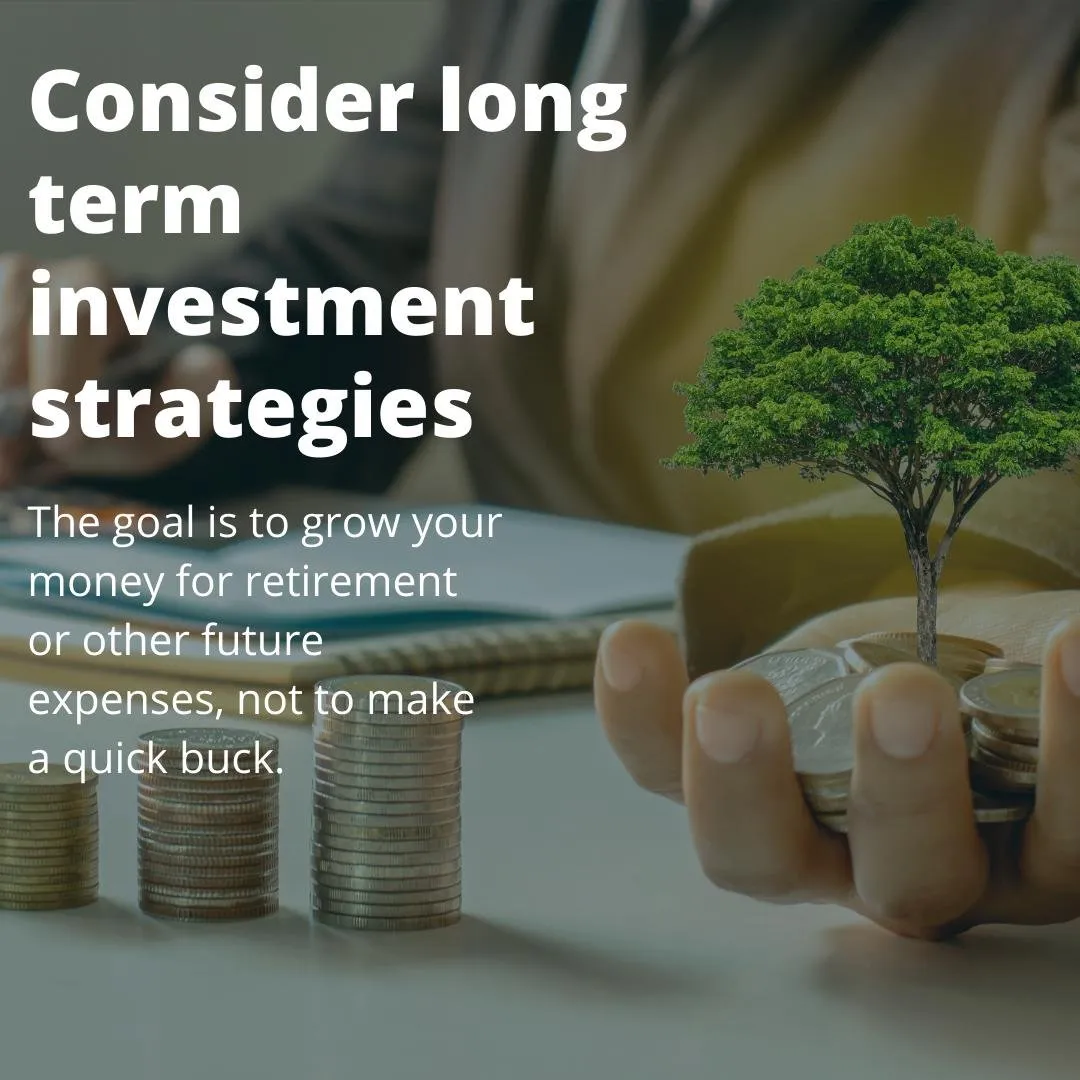Financial success is not a fickle beast. It doesn’t just happen to lucky people who stumble into the right opportunity at the right time. Financial success is the product of good financial habits, practices, and strategies. In simple terms, you won’t become rich by chance but only by making conscious choices to get there.
Financial success requires a strong foundation and there are three key steps to this foundation:
• Pay yourself first
• Invest in assets that provide passive income
• Build wealth through the power of leverage.
Pay Yourself First
This is a strategy that ensures you have enough money to live on without having to work for it. This means setting aside a percentage of your net income for luxury items, savings, and investing. If you don’t do this, you will always be working for your money instead of yourself. It also means not spending all your money on non-essentials and living within your means. All of this means do not spend more than you earn!
Investing in assets
This step provides passive income and it revolves around doing something with your money so it works hard for you while you work hard at something else. In other words, invest in assets that can generate passive income like bonds or dividend stocks, or rental property. So that they generate an income while you are working at another job or pursuing another financial goal. These are assets that create money while you sit there doing nothing!

Building wealth through the power of leverage
This involves borrowing money to make more money. For example, if you invest $10,000 into HBD savings and it earns you 20% over one year, you would earn $2,000. But what if you borrowed an additional $10,000 and bought $10,000 worth of stock in the same mutual fund? If it earned 10%, you would have made $4,000 in one year. Without our having to pay any taxes, this is the power of leverage!
How can you attain this financial success and stability?
It’s a simple idea, divide your monthly income by your expenses to determine how much money you can spend each month. If you have more than enough to cover your expenses, then you can save and invest the rest. If not, then you should spend less until you can save more or make more.
Also, putting money into a retirement account like an IRA or 401k is a simple way to set money aside for later use. These accounts allow for tax-deferred growth and withdrawals for retirement (you don’t pay taxes on the gains until you withdraw them). It’s best to start early so that your money has time to grow before retirement age; however, even if you start with just a few dollars per week or month – it will add up!
Do you still doubt the power of investing?
The most important thing about investing is not the amount of money you make, but how much money you keep after other people take their share! A good rule of thumb is that it shouldn’t take more than 10% of your income to maintain all of your investments. For example: Let’s say you earn $60K/year and want to put 10% ($6K/year) into my investment account. That means you can only invest $1,200/year!
Investment accounts can be complex, but they don’t have to be. Choose a low-cost investment account at a reputable brokerage firm and start saving. You can also use an online broker like Vanguard to manage your investments.
Investing should be considered long-term – you shouldn’t be worried about short-term fluctuations in the market. The goal is to grow your money for retirement or other future expenses, not to make a quick buck.
What if you're not debt-free yet?
Then pay off your debt, there are many different types of debt; mortgage debt, student loan debt, credit card debt, and more. These debts all take a large chunk of money out of every paycheck that could otherwise be invested or saved for retirement!
The best way to get rid of these debts is by setting up automatic payments from each paycheck; this way you won’t even see the money leaving your bank account! Once you have paid off all of these debts, start saving 10%+ towards retirement! If you can do it, pay off all credit card and high-interest loans first, then attack your investment accounts.
Conclusion
Financial literacy is an important skill that helps you understand how money works and how different investments can help you reach your goals. Be it buying a house, going to university, or funding your retirement. Unfortunately, many adults struggle with their finances because they didn’t learn about money as a child or they failed to refresh their knowledge later in life.
Fortunately, learning about money isn’t difficult or expensive. You don’t need a lot to get started on the road to financial stability; it all starts with the tips explained above.
Ps: image edited with Canva